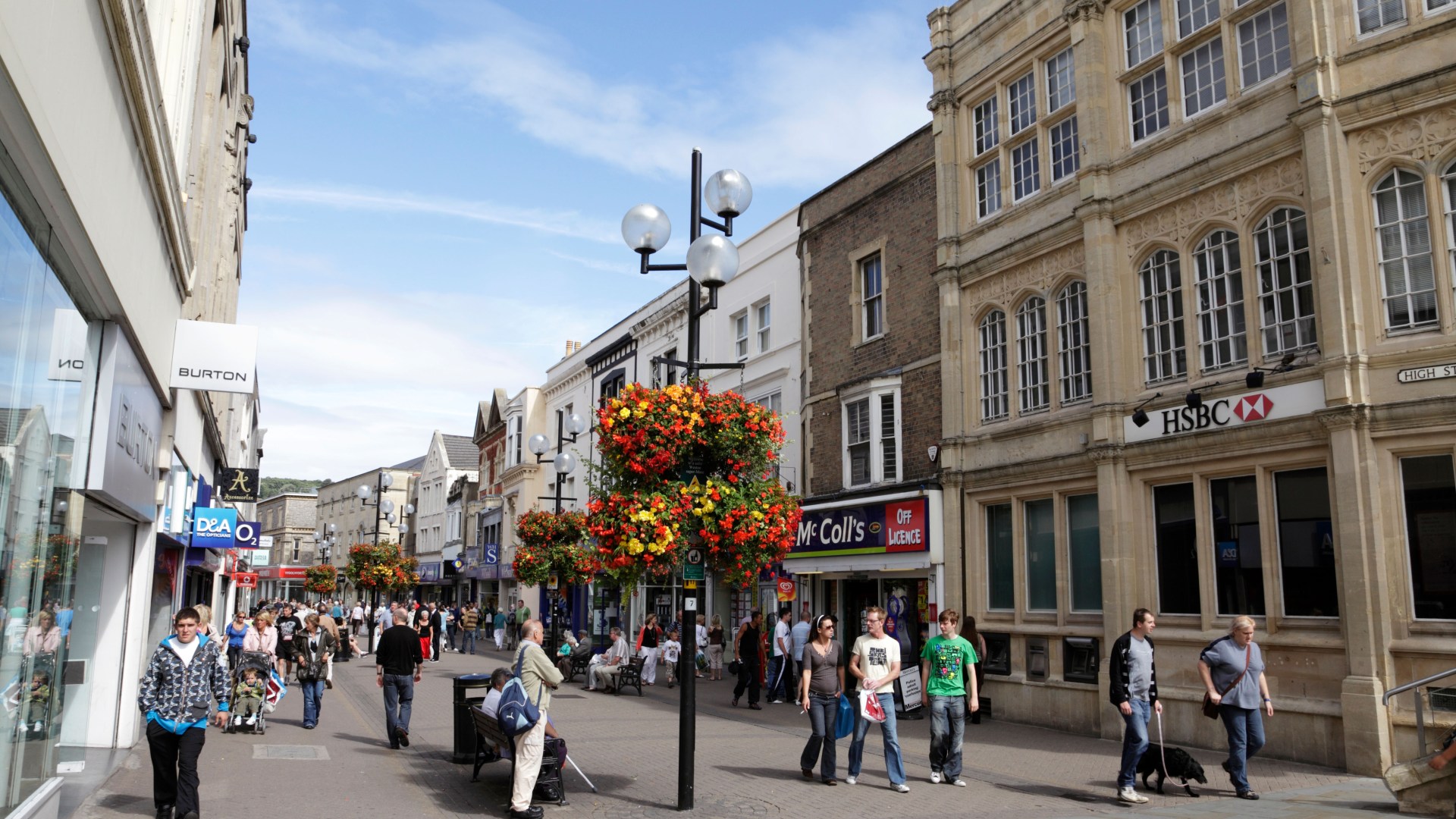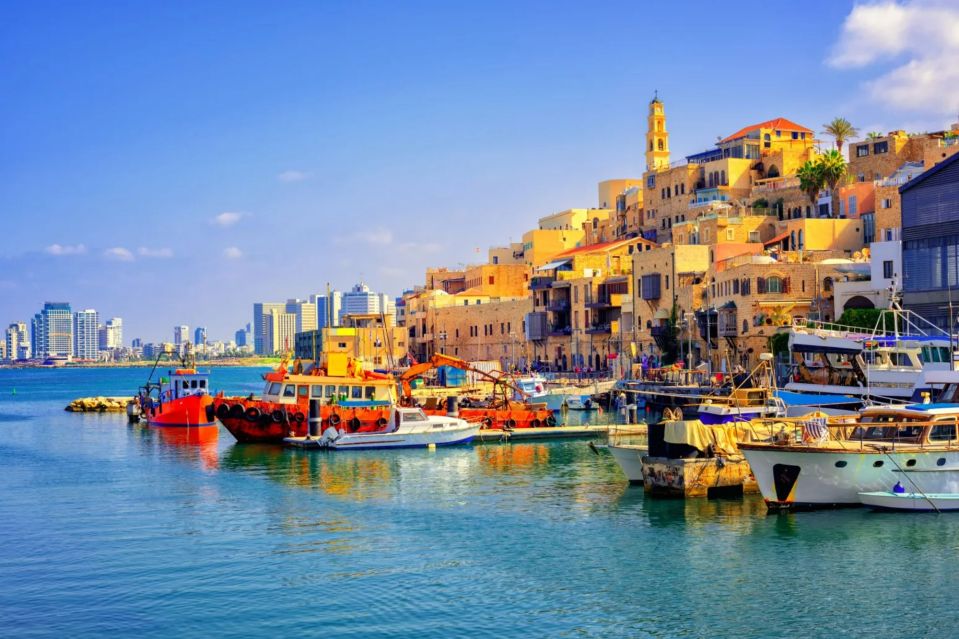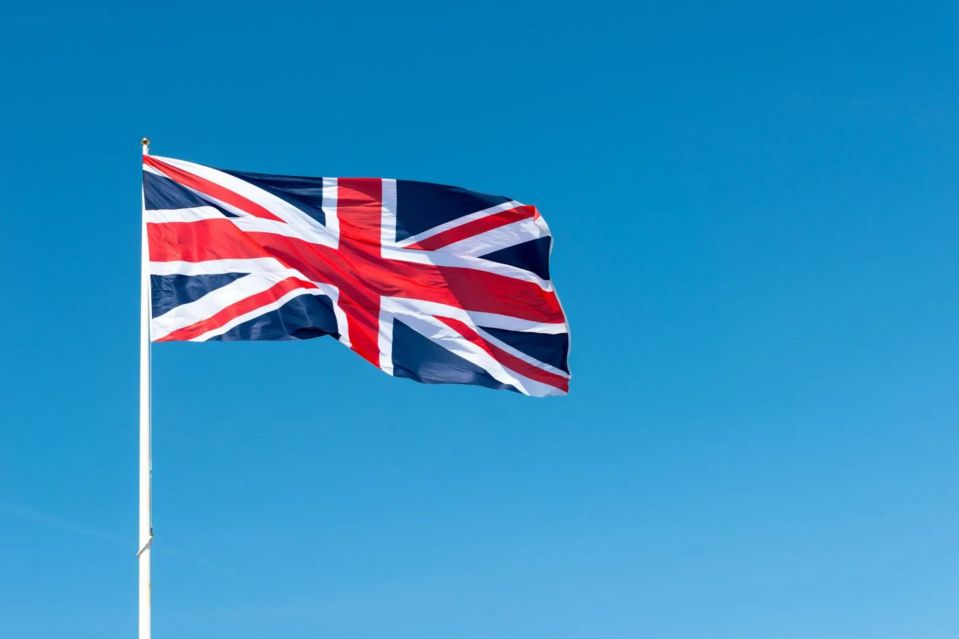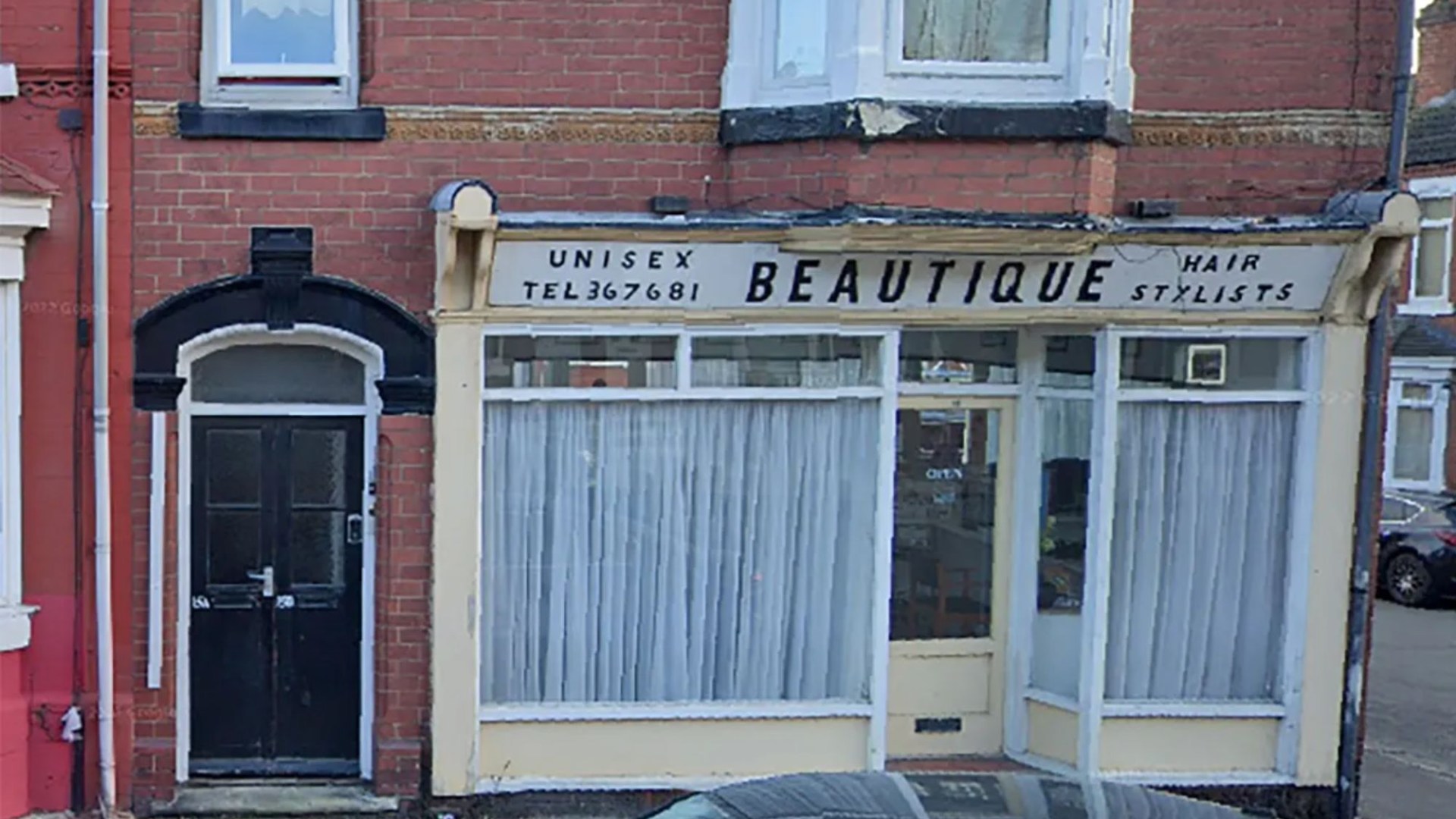This autumn, expect to hear many invocations of 1944. That was the year when John Maynard Keynes and Harry Dexter White — respectively British and American emissaries — co-created the Bretton Woods financial system. Eighty years later, as the world confronts rising nationalism, protectionism and war, there is a desperate need to relaunch that collaborative spirit.
Ahead of the IMF and World Bank annual meetings in Washington next month, there will be tributes to the deal which gave birth to those institutions. At the same time, their top officials are mulling over how to tap into that 1944 zeitgeist once again.
This is welcome. However, to my mind there is another date that deserves even more attention right now: 1919.
That was the year Keynes penned his (in) famous essay The Economic Consequences of The Peace, expressing horror at the policies of the victors of the first world war.
That message is now chillingly relevant. So much so that I would love to tape Keynes’s words to the desks of all the leaders gathering at the UN General Assembly right now — and/or memeify them for audiences of all ages to see.
The issue at stake is the perils of complacency. When Keynes penned his essay, he was living in a world which had experienced an unprecedented explosion in the movement of traded goods, money and people. So much so that, on the eve of the first world war, a wealthy “inhabitant of London could order by telephone, sipping his morning tea in bed, the various products of the whole earth . . . and reasonably expect their early delivery upon his doorstep”.
That happy creature could also “adventure his wealth in the natural resources and new enterprises of any quarter of the world, and share . . . in their prospective fruits and advantages” and secure “cheap and comfortable means of transit to any country or climate without passport or other formality”.
Globalisation, in other words, seemed wonderful for the elite. So did two other key features of those prewar years: free-market capitalism and explosive technology innovation. This situation seemed so “normal, certain, and permanent” that those same elites paid scant heed to the signs of domestic and geopolitical stress — or the pain that this triumvirate of factors was unleashing on poorer nations and peoples.
Thus “the projects and politics of militarism and imperialism, of racial and cultural rivalries, of monopolies, restrictions, and exclusion” were viewed as “little more than the amusements of [the] daily newspaper” — mere fodder for dinner debates.
And when the victors of the first world war assembled in Paris in 1919, they were so convinced that the war had only been a speed bump on the path to progress that they felt able to impose brutally punitive policies on Germany. Keynes’s (prescient) warnings that these revenge politics would unleash more “rivalries” — ie extremist politics and war — were brushed aside.
One hundred and five years later, there are big differences with 1919: today’s transformational technology is artificial intelligence, not the radio, and Europe’s leaders no longer consider imperialism the norm (except those in Russia). More important still, we are not emerging from a full-blown world war. Or not yet.
But Keynes’s warnings about the perils of complacency seem uncannily familiar. After all, the 21st century elite has — once again — surfed a wave of globalisation, capitalism and innovation. And they have also assumed that this trifecta is so good that it will just keep on spreading.
Like their predecessors, they have been slow to notice rising political and geopolitical tensions, and how resentment felt by the losers from this trifecta has fuelled populism in recent decades. Just look at how badly western business leaders were wrongfooted by events in Russia; or the collective shrug that emerged when the IMF warned a year ago that protectionism and geopolitical fracture could reduce global growth by as much as 7 per cent.
And while business leaders are now — belatedly — waking up to these risks, I have the sense that most still assume such stresses are just a speed bump on the road to more progress. It remains hard to imagine things going into reverse; as Kristalina Georgieva, head of the IMF observed last year, in recent decades per capita global income has increased eightfold, global capital flows tenfold and trade sixfold.
But 1919 shows why we need to imagine the unimaginable. At the end of the Paris “peace” conference, Keynes wrote a letter to his mother which expressed his profound “depression” about the “evil” of the revenge politics and complacency around him. And, as he predicted, protectionism and political extremism then exploded, leading to the second world war.
We are not condemned to repeat this dark pattern. But to avoid it, our business and political leaders need to reject revenge politics in China, the Middle East or anywhere else and champion globalisation, capitalism and tech innovation even more loudly. Above all, they need to show that this trifecta can benefit everyone, not just a gilded elite. Those who lose out cannot be ignored. The ghost of Keynes is hanging over us all for a reason.










































































































































You must be logged in to post a comment Login